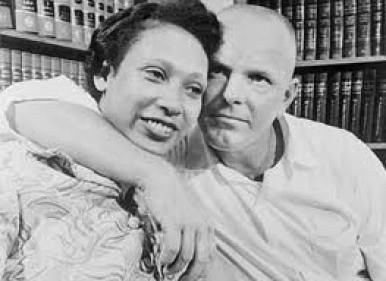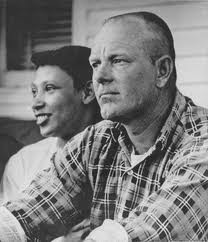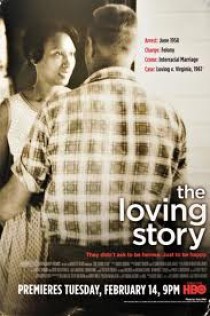Page under construction
Loving v. Virginia, 388 U.S. 1 (1967) anti-miscegenation
American Anti-miscegenation Law Stood Until 1967
Loving v. Virginia
Wikipedia
Loving v. Virginia, 388 U.S. 1 (1967), was a landmark civil rights case in which the United States Supreme Court, in a unanimous decision, declared Virginia's
anti-miscegenation statute, the "Racial Integrity Act of 1924", unconstitutional, thereby overturning Pace v. Alabama (1883) and ending all race-based legal restrictions on marriage in the United
States. Read more
HBO Documentary Films: The Loving Story
On June 2, 1958, a white man named Richard Loving and his part-black, part-Cherokee fiancée Mildred Jeter travelled from Caroline County, VA to Washington, D.C. to be
married. At the time, interracial marriage was illegal in 21 states, including Virginia. Back home two weeks later, the newlyweds were arrested, tried and convicted of the felony crime of
"miscegenation." To avoid a one-year jail sentence, the Lovings agreed to leave the state; they could return to Virginia, but only separately. Living in exile in D.C. with their children, the Lovings
missed their families and dearly wanted to return to their rural home. At the advice of her cousin, Mildred wrote a letter to Attorney General Robert F. Kennedy, who wrote her back suggesting she get
in touch with the American Civil Liberties Union. Read
more
- The Loving Story: TIME LightBox - Photos of Grey Villet
- The Loving Story Facebook


































































































































